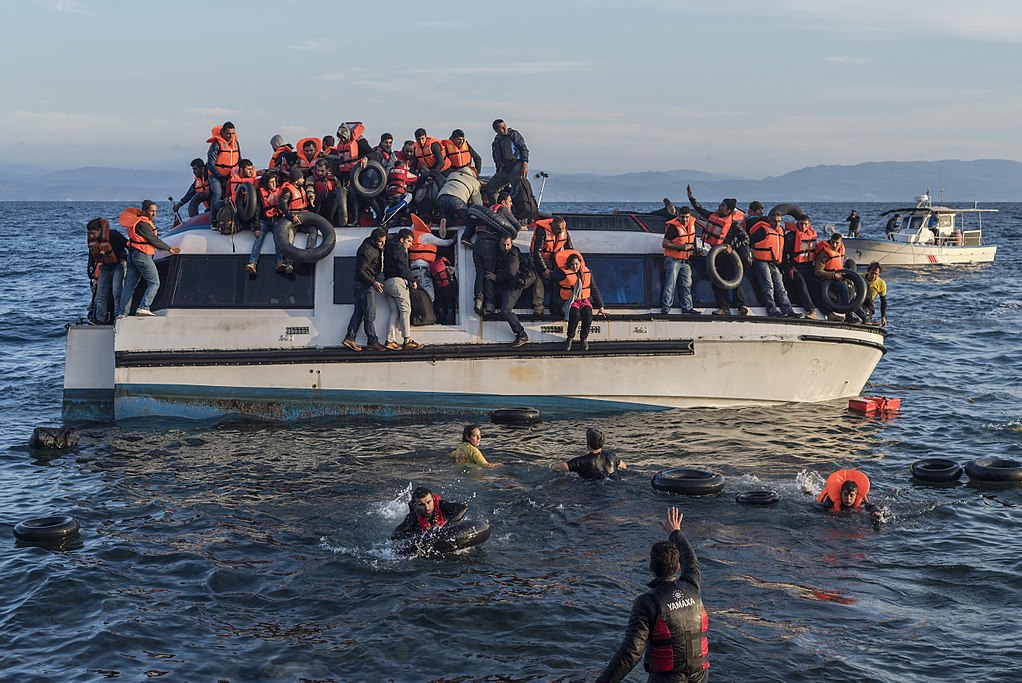The demand for smuggling services is particularly high among refugees and those with a lack of alternative means to flee from dangerous circumstances in their origin countries, according to the United Nations Office on Drugs and Crime’s (UNODC) first global study on the smuggling of migrants.
Many smuggling networks transport unaccompanied minors who have been separated from their parents, leaving them especially vulnerable to deception and abuse, the report finds. In 2016 alone, nearly 34,000 unaccompanied and separated children arrived in Europe.
"This transnational crime preys on the most vulnerable of the vulnerable," said Jean-Luc Lemahieu, UNODC Director of Policy Analysis and Public Affairs. "It's a global crime that requires global action, including improved regional and international cooperation and national criminal justice responses."
Smuggling schemes are often complex and involve a layered network of systematic corruption and cooperation from senior officials, according to the report, such as organizing fake marriages, formulating fictitious employment or counterfeiting travel documents.
Thousands of migrants die along smuggling routes each year. Many drown or perish in harsh terrain or weather, but systematic murders of migrants have also been reported. According to the study, migrants are vulnerable to a range of crimes and violence, including rape, theft, kidnapping, and extortion.
The report finds that smugglers advertise their business in places where migrants can be easily reached, such as neighborhoods home to dispersed communities, refugee camps and social networks online.
Some migrants who were successfully smuggled then become smugglers themselves.
In May of 2018, 57 people were arrested for human trafficking in Europe as part of a transnational effort from agencies in 28 countries.

